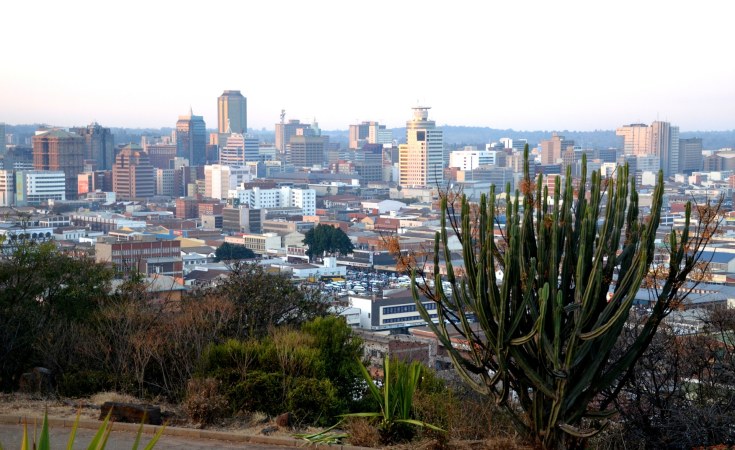Limited access to cash in the economy has choked trade on the Zimbabwe Stock Exchange (ZSE) amid a surge in foreign currency denominated shares trade.
Market watchers believe that the current challenges in accessing the Zim$ was prompted by the Reserve Bank of Zimbabwe's (RBZ) moves to take deliberate action to regulate the quantity of money in circulation and has introduced gold coins to mop excess local currency balances.
To date the central bank has reported that the uptake of gold coins has so far reached ZW$9 billion mark, with corporates dominating the list of buyers.
In turn, the lucrative offer has seen most local investors opting to hedge their cash against the coins and in the process, deserted other common investment avenues.
Latest data from RBZ shows that during the month of July 2022, the ZSE traded on a negative trajectory largely reflecting tight liquidity conditions in the money market.
As a result, the All Share, Top 10, Top 15 indices, Medium Cap and Small Cap registered declined.
"The resources index, however, remained unchanged at 20 021.24 points, during the month under analysis.
"The cumulative volume of shares traded on the ZSE decreased by 11, 54% during the month of July 2022, from 271.23 million shares in June 2022 to 239.94 million shares. The cumulative values of shares traded, however, increased by 62, 4% to ZW$23.67 billion," the report said.
During the period, the proportion of foreign purchases to the value of shares traded rose to 40, 1% in July 2022, compared to 2,2% recorded in June 2022.
"There was also an improvement in the net foreign position to ZW$1.51 billion, compared to ZW$2.68 billion recorded in the previous month," the report added.


